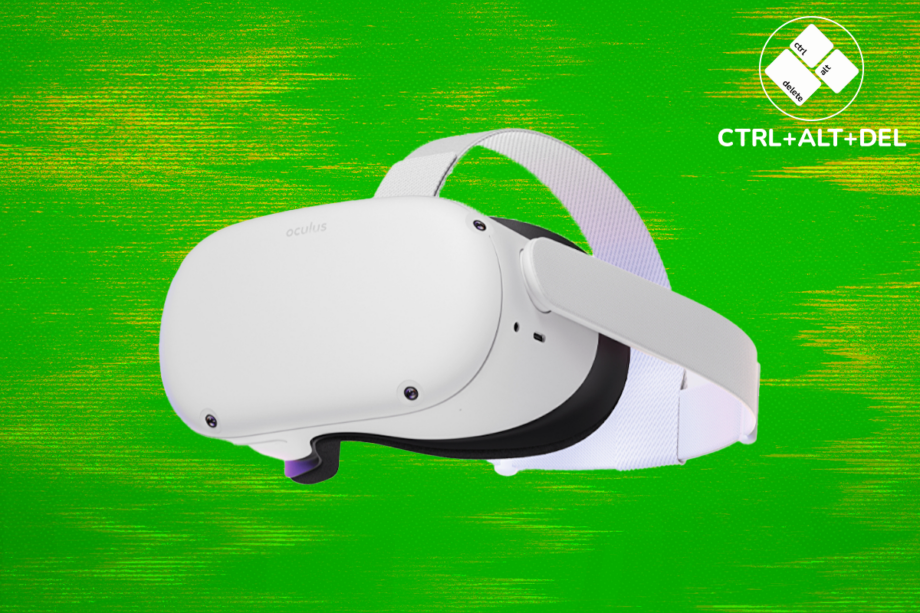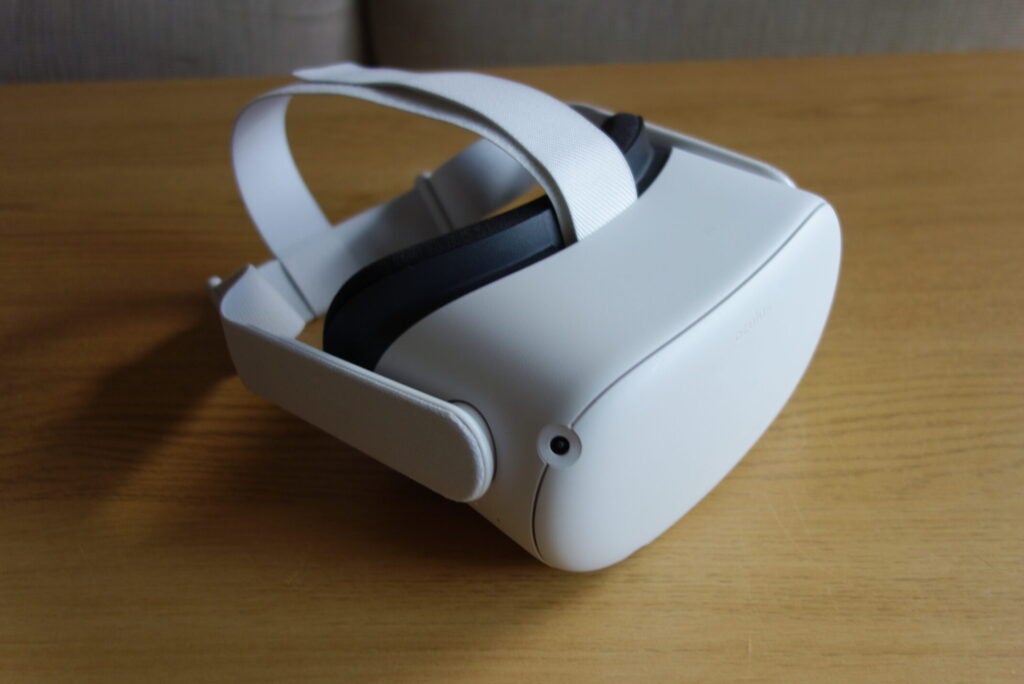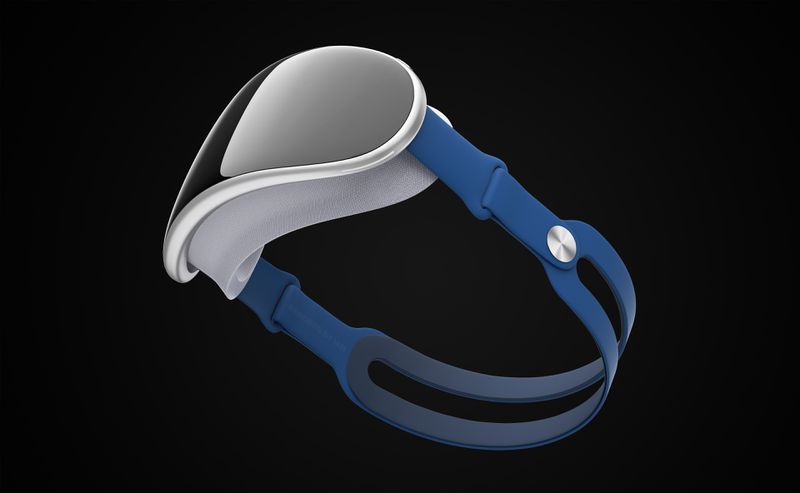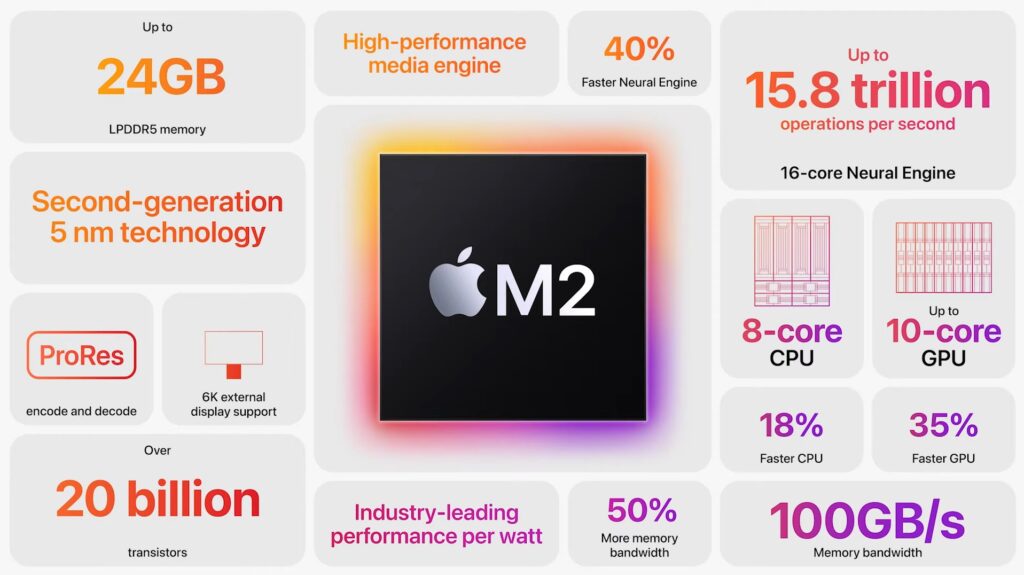Ctrl+Alt+Delete: Apple is best placed to end the Meta Quest dominance

OPINION: The Meta Quest series has lacked a true competitor ever since the original headset launched back in 2019.
The likes of HTC Vive and Valve have released their own VR headsets, but they’ve occupied a high-end market, while requiring a powerful PC to function.
Meta is the only company so far to release a standalone headset that’s powerful enough to play feature length VR games without being plugged into another system. As a result, Meta has been able to tap into a mass market audience and generated an impressive number of sales.
So why hasn’t any other company mounted a serious competitor to the Meta Quest? Truth be told, there aren’t many companies in a position that can take on Meta. VR hardware is extremely expensive to manufacture, yet most people aren’t prepared to spend a fortune on a headset.
As a result, it seems like the Meta Quest 2 isn’t a highly profitable device, despite its strong sales. Earlier this year, Meta’s earning report (via Android Central) revealed that it lost $10.2 billion on VR/AR back in 2021. This would explain why Meta recently decided to increase the retail price of the Meta Quest 2.

So why is Meta happy to make a loss on its VR division when other companies are not? It appears that Meta is able to make money from VR headset purchases beyond hardware sales.
Zuckerburg clearly believes that the company could see a lot of success with the introduction of the Metaverse. CNBC reports that Meta will take a 47.5% cut on virtual asset sales in the Metaverse via the Horizon Worlds platform. This is how Meta will make its money, therefore making it possible to sell its VR headsets at a subsidised price.
Most companies aren’t able (or willing) to copy this tactic, as it requires them to take an initial major loss and then guarantee a large enough user base in the future to generate more revenue through software. But there is one company that has the infrastructure in place to successfully challenge Meta, and that’s Apple.
Renowned leaker Mark Gurman claims that Apple is currently working on a high-end mixed reality headset called the Reality Pro, and will go toe to toe with the upcoming Meta Quest Pro. But why is Apple in a position to challenge Meta when other companies are not?

Firstly, Apple is a very wealthy company, far more so than the likes of HTC which has struggled to keep up with Meta in the VR rat race. Secondly, Apple has a strong fan base that’s willing to pay a high fee for its products – the iPhone 14 Pro has a starting price of $999 (£1099), while the 14-inch MacBook Pro starts at $1999 (£1899).
Apple also places a lot of importance on creating an ecosystem that prevents you from purchasing products from other companies in the future. For example, the Apple Watch offers compatibility with an iPhone, but becomes a useless accessory if you later decide to swap over to an Android phone. As a result, Apple customers are more likely to stay faithful to the brand for future hardware purchases.
It’s highly likely that the upcoming Apple Reality Pro headset will need an Apple account to function, and will likely be capable of linking up with an iPhone. This is complete speculation, but it fits in with Apple’s overall strategy, and would encourage Reality Pro buyers to purchase additional Apple products.
Another important consideration is that Apple will be able to develop its own components for the headset. Bloomberg reports that the Reality Pro will be powered by a new ‘Reality Processor’ based on the existing M2 chip. Even Meta isn’t able to develop its own processor, instead relying on the Snapdragon chips from Qualcomm.

Apple is even tipped to work on a new operating system called ‘realityOS’, which will be able to access VR-based versions of apps such as Maps and FaceTime. And while Apple isn’t renowned for gaming, I think that it’s likely it will offer a similar subscription service to Apple Arcade, which provides access to a large library of games via a monthly subscription. I’m also confident there will be VR content made available through the likes of Apple TV+ – another subscription service that Apple could tempt you into paying for.
With everything considered, Apple looks to be in a great position to launch an AR/VR headset. While I don’t personally own any Apple products, I still nevertheless welcome the move. Competition is always good for the consumer, as it not only helps to keep hardware prices more affordable, but also encourages innovation.
If no other company bothered to launch a competitor to the Meta Quest series, then Meta would have little reason to improve the hardware. And do you think Meta would have been as willing to give the Quest 2 a price hike if another popular VR headset was available at an affordable price? I’m doubtful.
So let’s hope the rumours are true and that Apple does indeed enter the VR market next year. I would gladly jump ship to another VR headset if it meant I no longer had to suffer Zuckerberg’s ramblings about his vision for the Metaverse.
Ctrl+Alt+Delete is our weekly computing-focussed opinion column where we delve deeper into the world of computers, laptops, components, peripherals and more. Find it on Trusted Reviews every Saturday afternoon.








